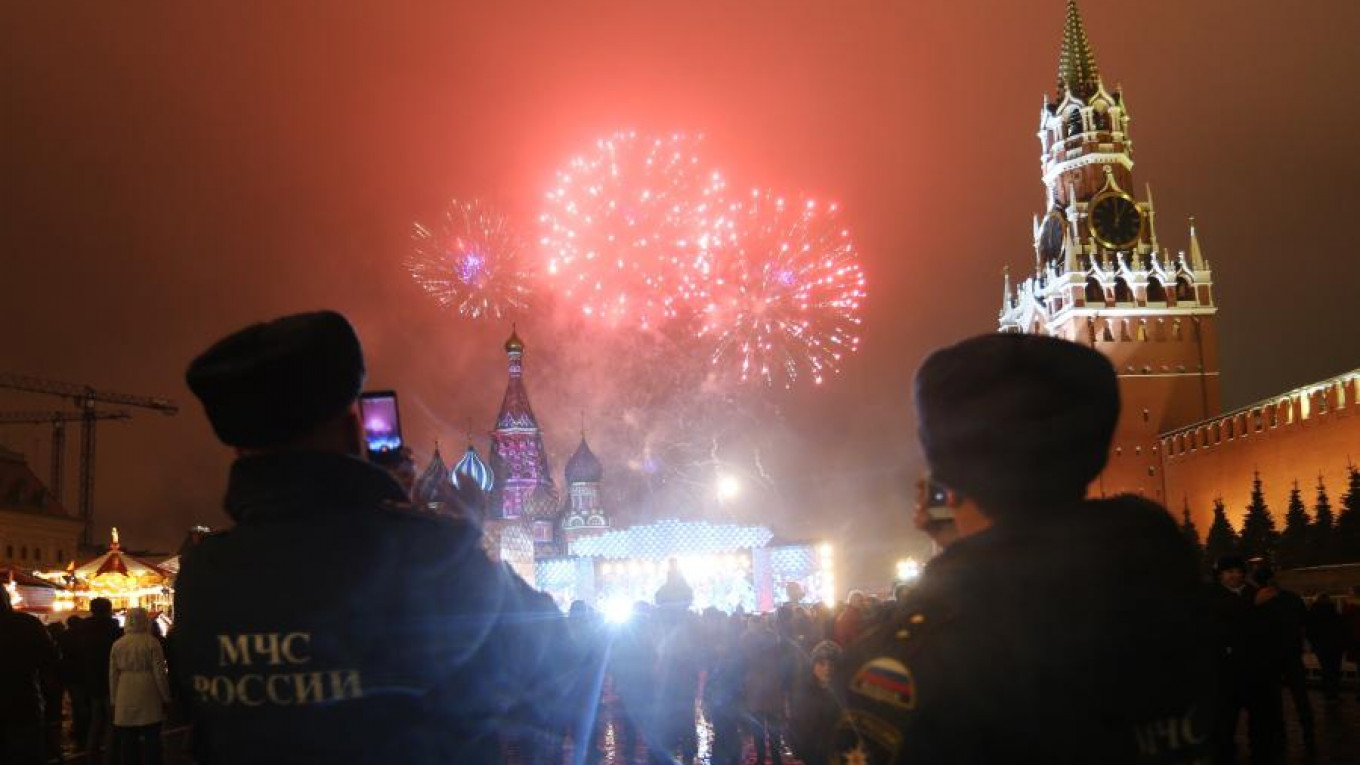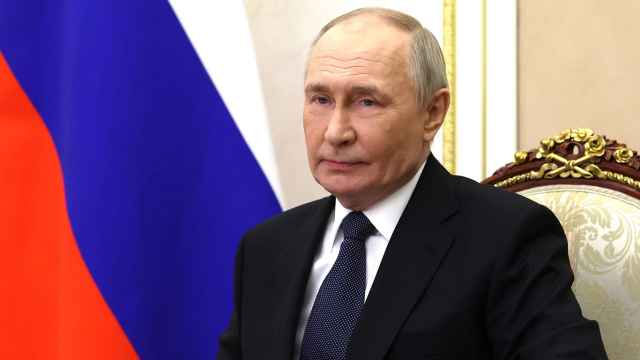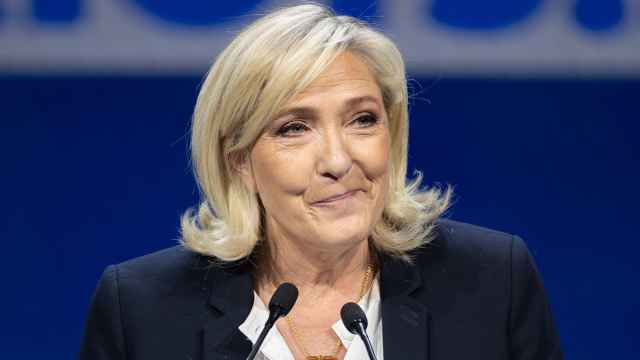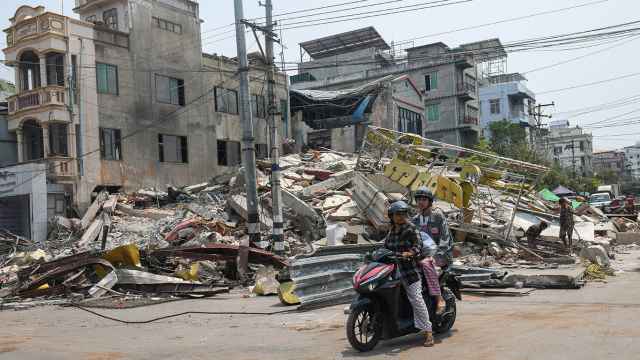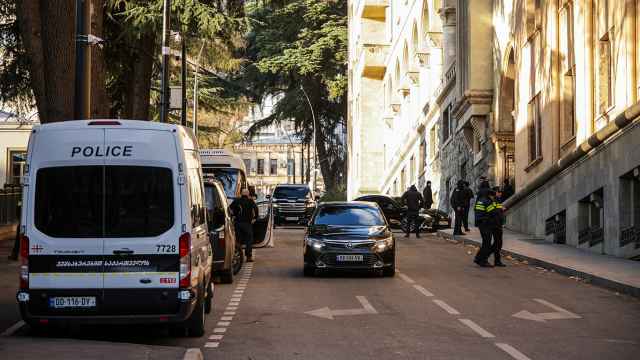Hacking. Doping. Putin. Bulldozers. Sechin. Arrests. Brexit. Sham privatization. More arrests. An election in Russia that nobody noticed. Another Russian election everyone noticed.
2016 was a remarkable year for Russia. It was no less remarkable for The Moscow Times, newly relaunched in print and on the web (www.themoscowtimes.com).
Here, we think, is the best of our wide-ranging coverage.
The Rise of Populism
Fake news, opportunism, crime and fraud are well studied phenomena here in Russia, but many were confused by the ease with which they passed through robust democratic systems. We first bridged the knowledge gap with Ben Judah’s Russian Guide to Brexit. Then, in the aftermath of the U.S. electoral bombshell, we published Matthew Bodner’s primer on what Russia’s relationship with Trump would look like. We offered this explainer for those struggling to join the dots between a convicted arms dealer and the president-elect.
Our resident Russian language expert Michele Berdy explored the details of the strange new alpha-male mating signals between the two presidents.
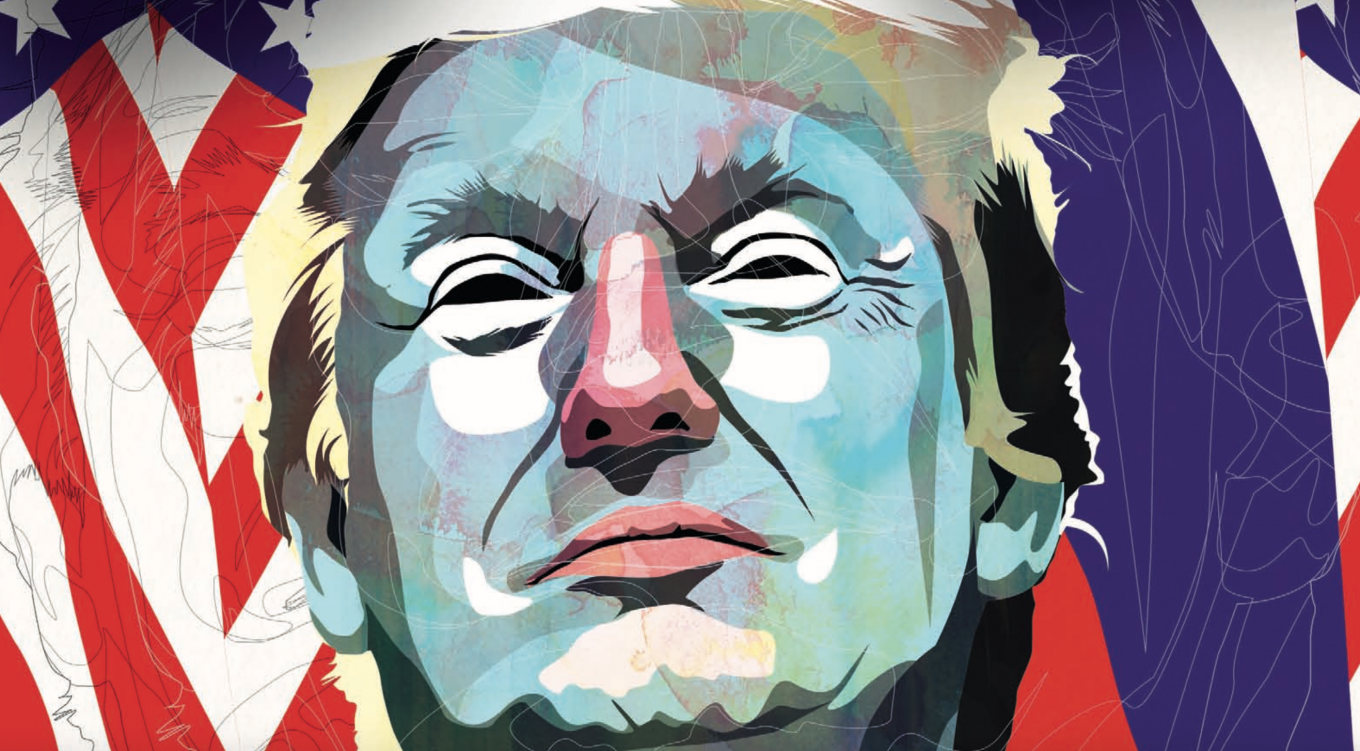
They Did Not Pass Go2016 was not a good year to be near the top of the tree of the Russian elite. Mikhail Fishman covered some of the most spectacular changes, which included the arrest of a top minister, the unexpected retirement of Putin’s chief of staff and a long time ally, and the no-less unexpected liquidation of Russia’s drug agency and the career of another old friend. Peter Hobson got the inside story on oligarch Dmitry Kamenshchik’s arrest. Oliver Carroll wrote about crime and prison life prevailing within the schools of deepest Siberia. |
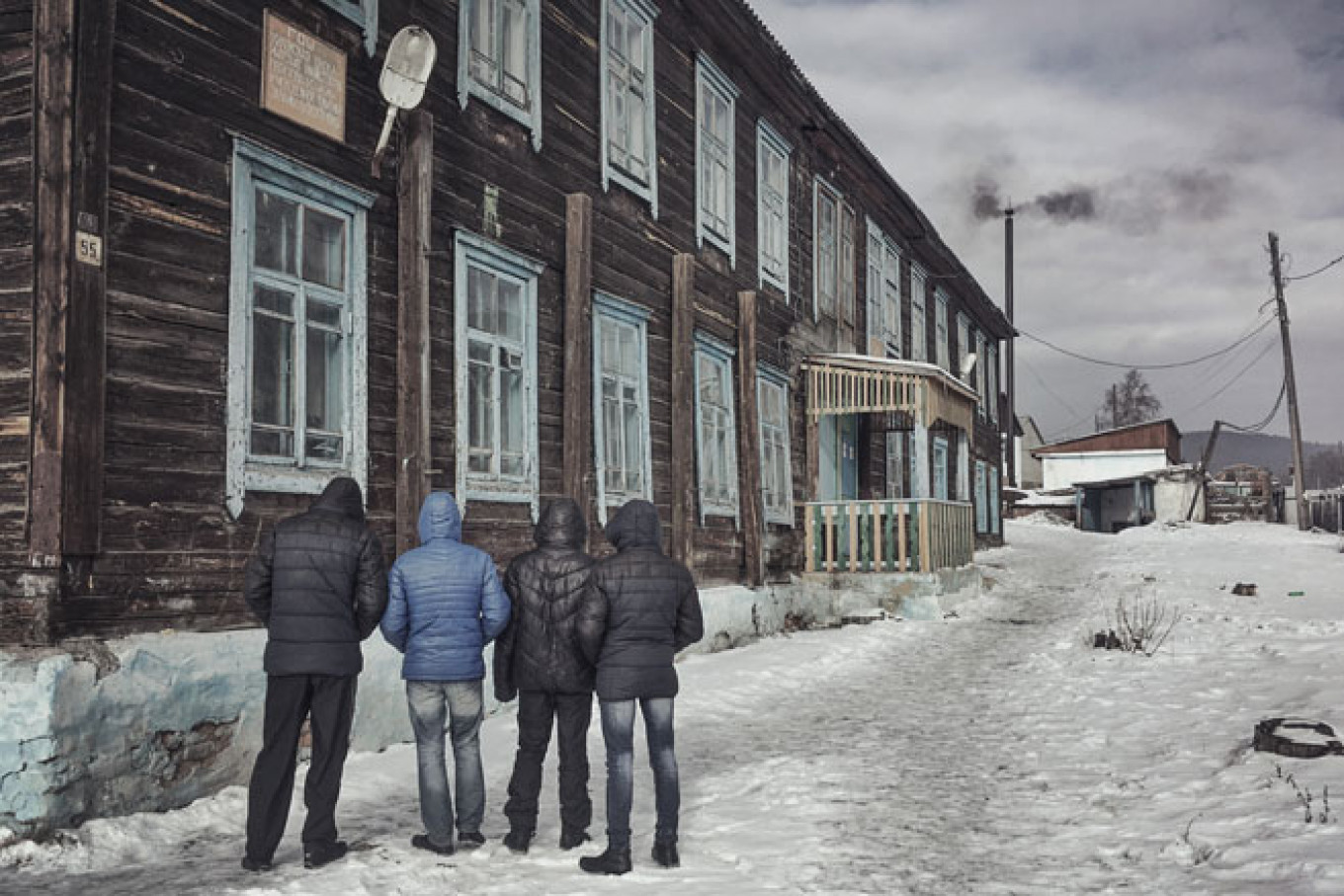
Russia and the Decadent Rest
2016 was a year of Russian exports. On the one hand, Matthew Bodner discovered a new Chinese passion — for Russian ice hockey. On another level, Russia established itself as a hacking superpower… Somewhat unwisely, noted Vladimir Frolov in this masterly op-ed.
Russian misadventure continued in Syria. For a few hours, the West laughed at ageing Soviet warships as they wended their way to war, but soon the bombing of Aleppo with Russian weapons made things very serious. The chickens will come home to roost, warned Syrian war veteran Francesca Borri. 2016 Pulitzer Prize laureate Sergey Ponomarev lamented the scale of propaganda on both sides and Russian indifference to mass suffering.
Russia’s moral superiority against the decadent West meanwhile was underlined by Kremlin attempts to police sexuality online, wrote Matthew Kupfer. (Or by its inability to deal with the problem of domestic violence, countered Daria Litvinova.)
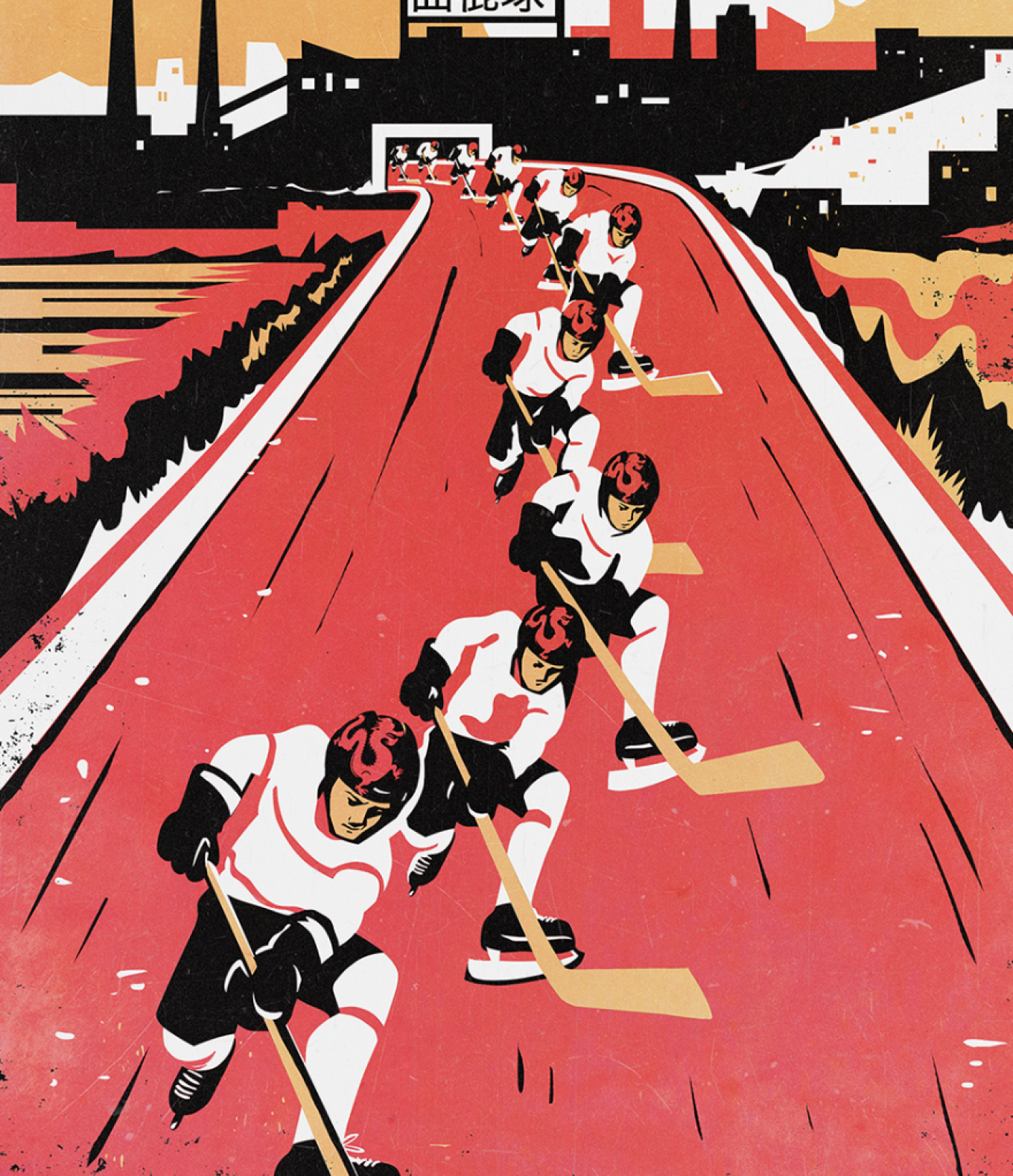
Making (Up) History
All year, the Russian government was in a spin about how its citizens should interpret the Soviet past. Peter Hobson met with the man fired from the State Archive for having stuck up for history. Anna Kachurovskaya and Mikhail Fishman documented the anniversary of modern Russia’s new dawn, the failed coup of 1991. Eva Hartog explored the Kremlin’s position on the upcoming 100 year anniversary of the revolution.
Lenin, the man who masterminded those events, remains stuck in a mausoleum on Red Square, as Daria Litvinova reminded us. And he’s going nowhere— at least as long as the scientists charged to keep him looking young manage to hold on to their funding.
Still in the past, Litvinova looked at the ongoing controversy surrounding Soviet Prisoner 7, Raoul Wallenberg, a Swedish diplomat who disappeared while under Soviet custody at the height of Stalinism.
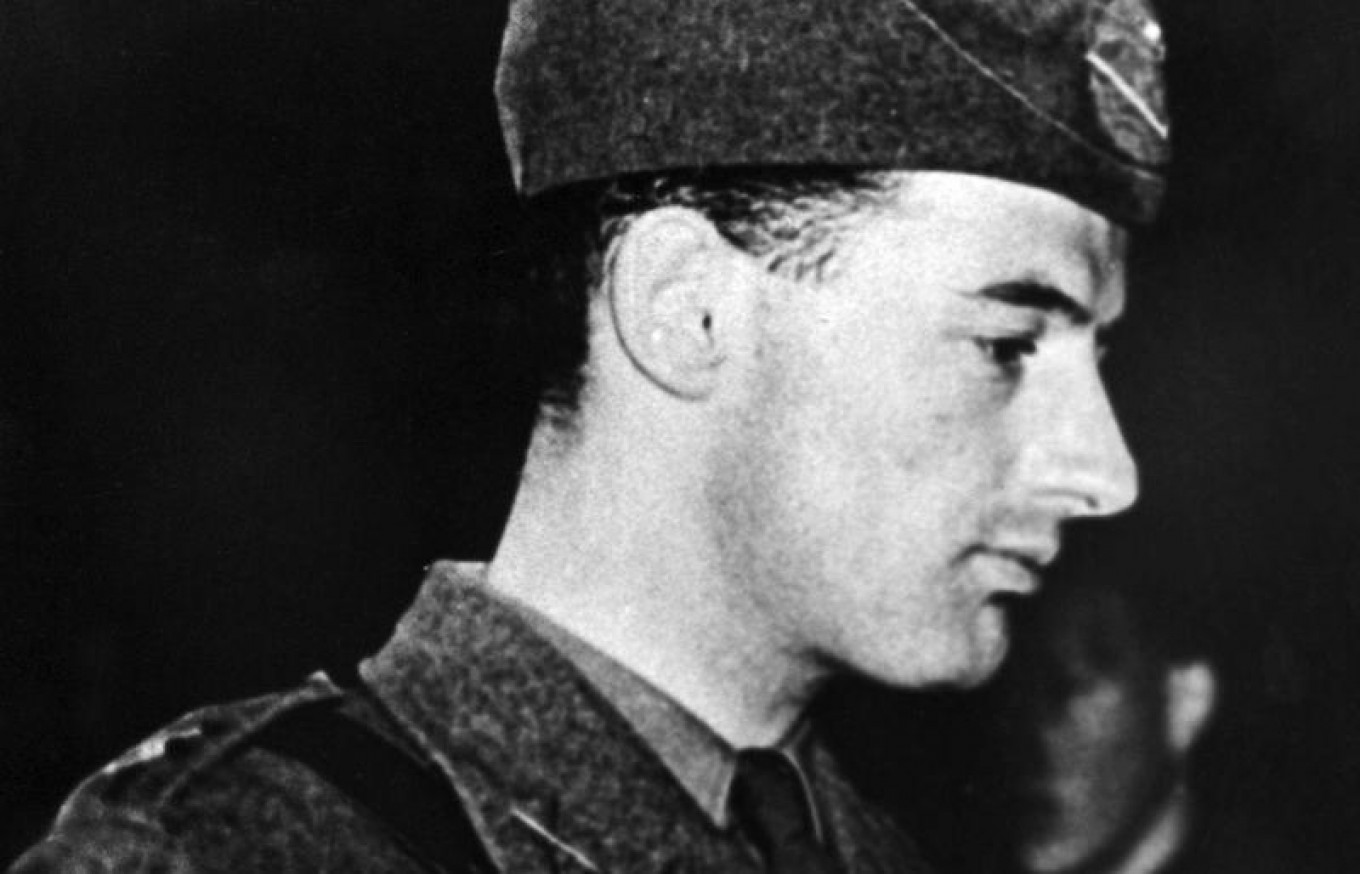
Krizis? What Krizis?
Regardless of what hits it, life in the capital has a way of carrying on regardless, in typical opulent glory. The rich continued to agonize over which of Ola Chicowlas’ foreign supernannies to employ. Others — over the brand of Russian caviar to buy. Michele Berdy, as it happens, had some tips for them here.
For the laymen among us, Peter Hobson offered simpler advice: don’t. Russian food isn’t all that safe, you see — and you’d have a one in five chance of meeting e-coli bacteria in your fish eggs. (Warning: This is Not Cheese)
That wouldn’t be a nice way to start 2017, would it?
Happy New Year,
The Moscow Times team
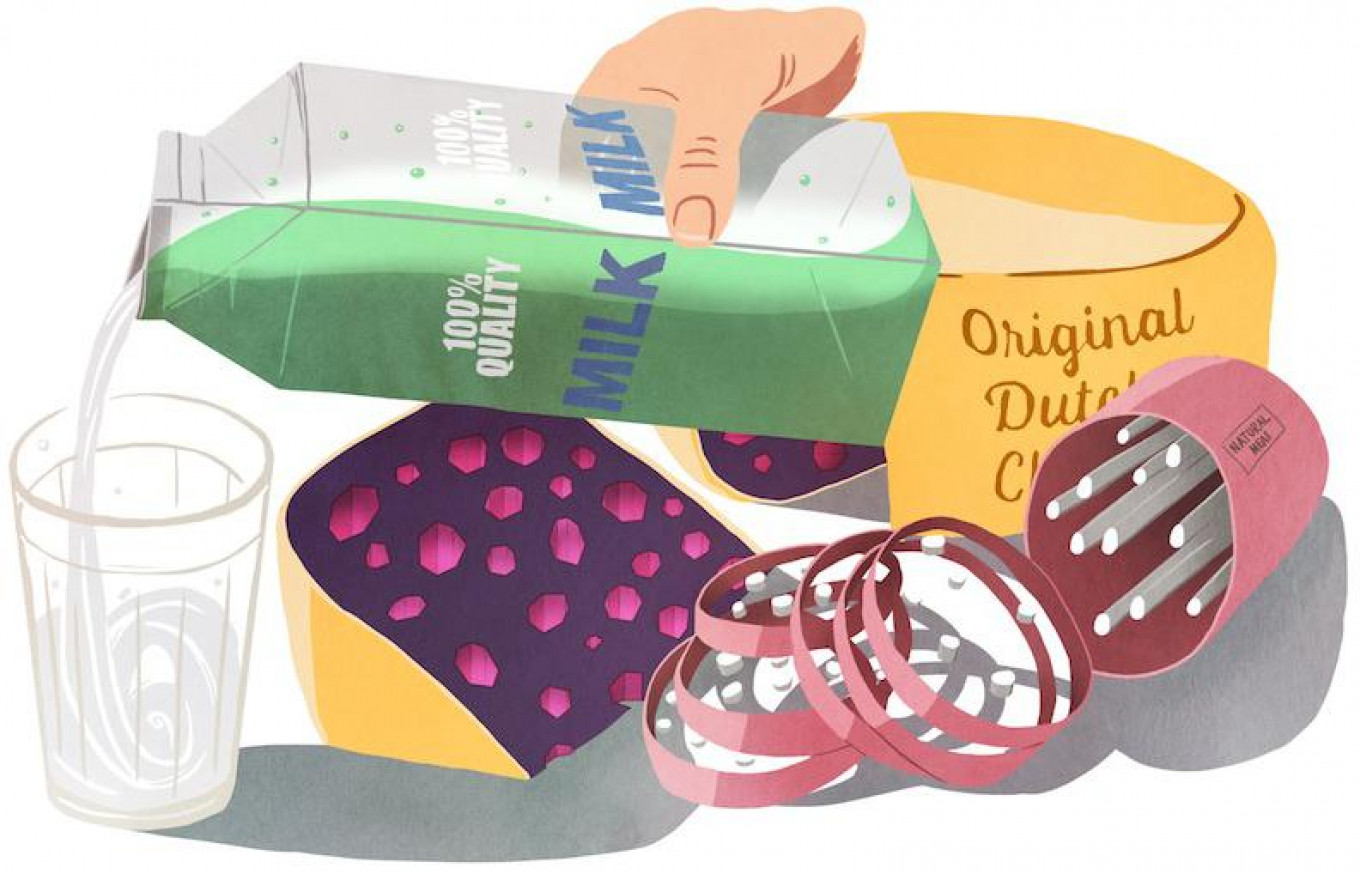
A Message from The Moscow Times:
Dear readers,
We are facing unprecedented challenges. Russia's Prosecutor General's Office has designated The Moscow Times as an "undesirable" organization, criminalizing our work and putting our staff at risk of prosecution. This follows our earlier unjust labeling as a "foreign agent."
These actions are direct attempts to silence independent journalism in Russia. The authorities claim our work "discredits the decisions of the Russian leadership." We see things differently: we strive to provide accurate, unbiased reporting on Russia.
We, the journalists of The Moscow Times, refuse to be silenced. But to continue our work, we need your help.
Your support, no matter how small, makes a world of difference. If you can, please support us monthly starting from just $2. It's quick to set up, and every contribution makes a significant impact.
By supporting The Moscow Times, you're defending open, independent journalism in the face of repression. Thank you for standing with us.
Remind me later.


